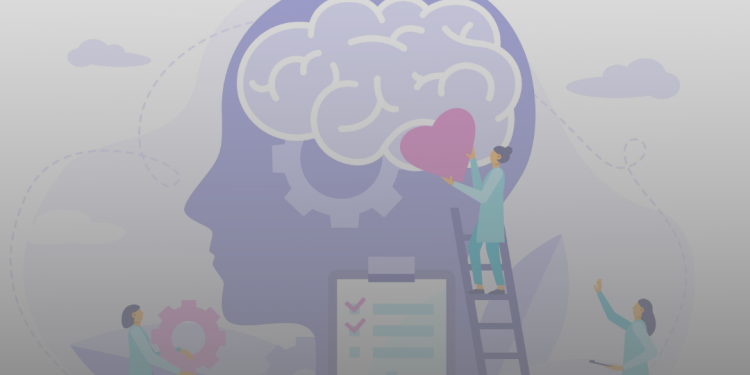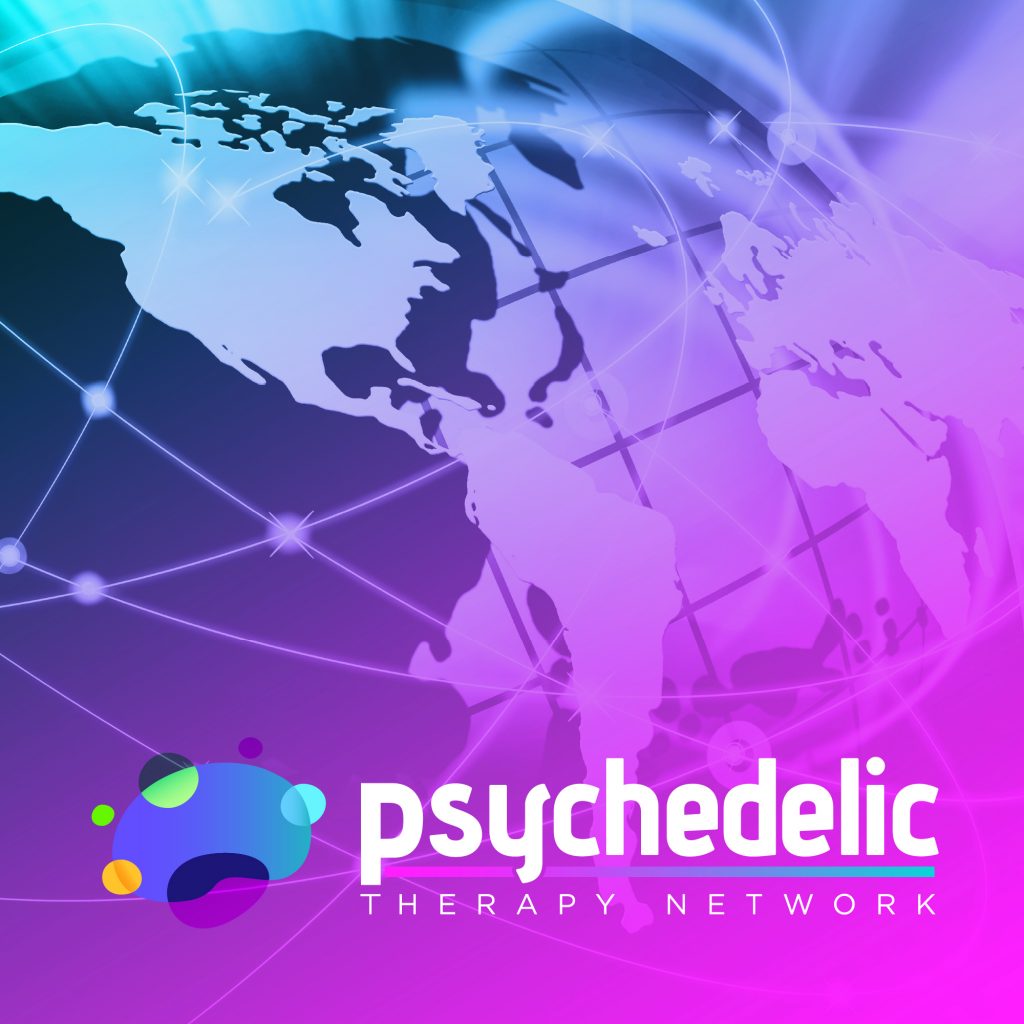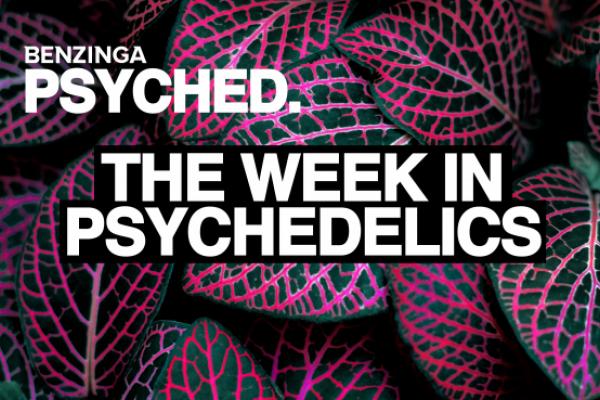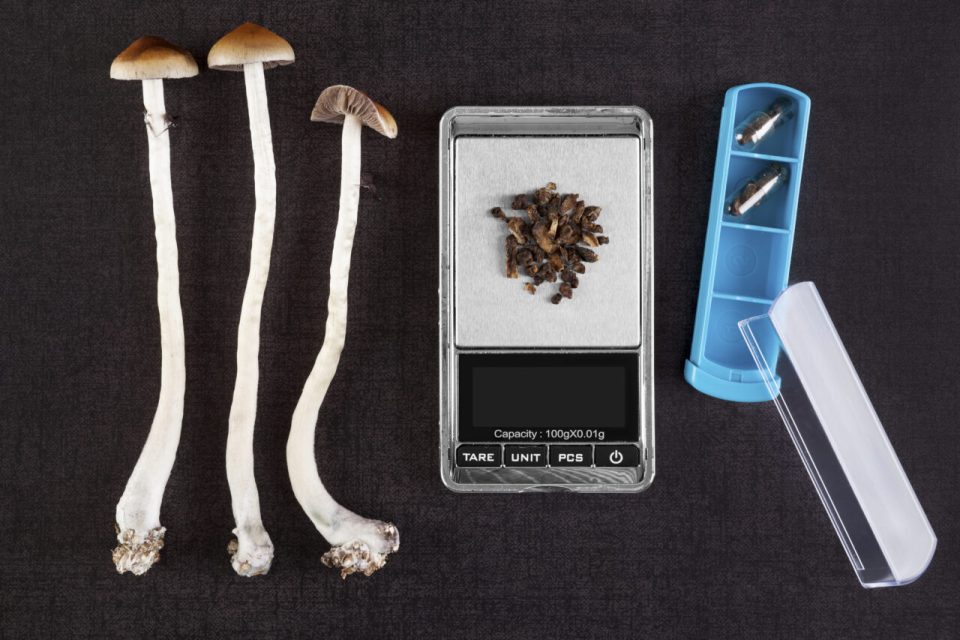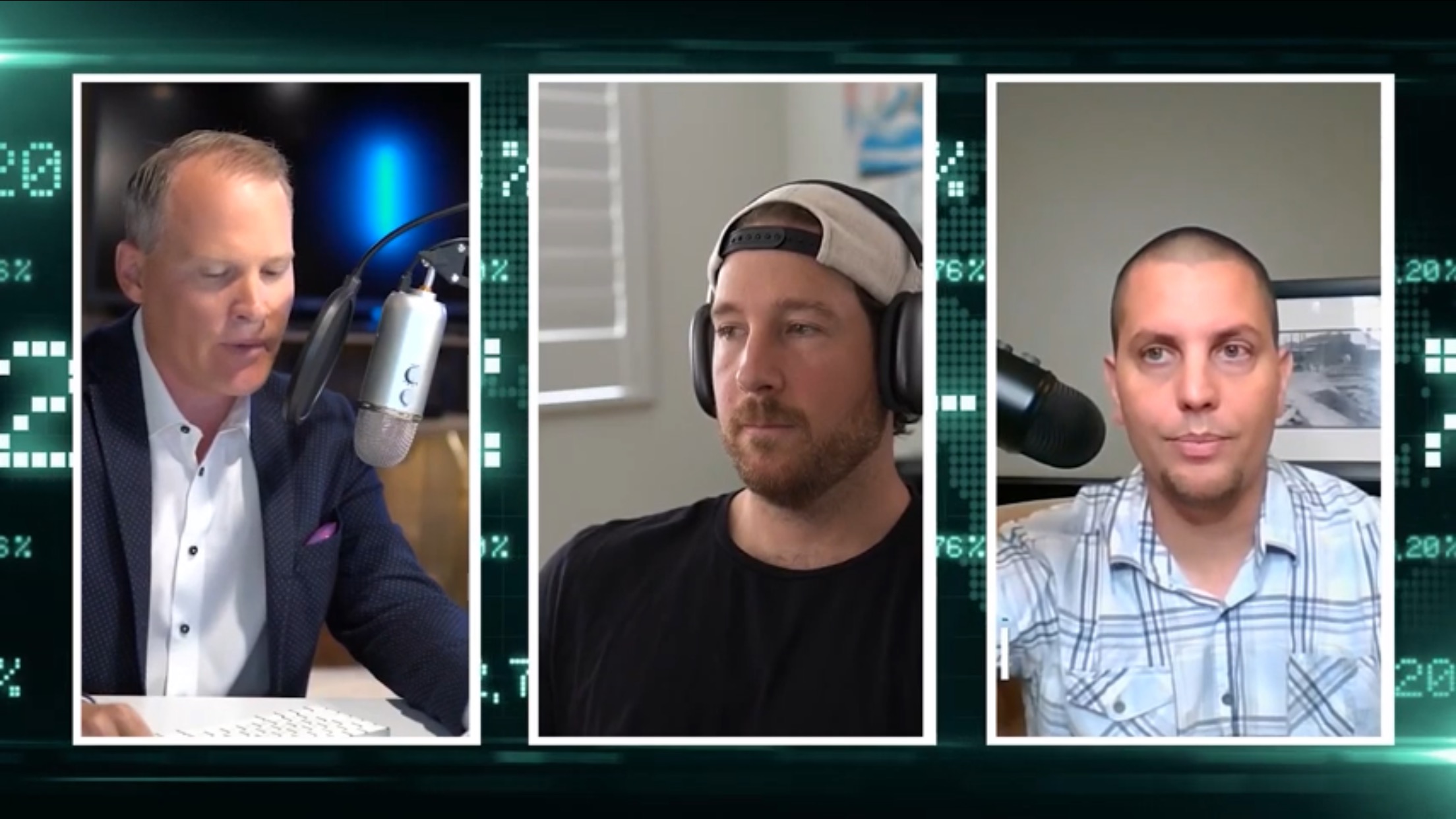“Special K,” “Kitty Kat,” and “K” are all common street names for the prescription medication ketamine. Long used as a safe and highly effective anesthetic since the 1970s, ketamine gained popularity in the late 80s and early 90s as an underground club drug. This trend of adult recreational use has continued into today’s festival and rave scenes, where thousands of Americans use it annually as a “party” drug.
The drug’s popularity among recreational users stems from its entheogenic and hallucinogenic effects, which users say induce feelings of calmness, love, connection with the world and their loved ones, as well as euphoria. Ketamine has strong dissociative effects when abused and can be incredibly hallucinogenic in high doses. This psychedelic, dissociative state, popularly known as a k-hole, makes the drug attractive for some users.
However, adult use of ketamine can have a darker side. Ketamine abuse has been known to cause long-lasting damage to the central nervous system, dissociation, mental fog, and nausea. In some extreme cases, ketamine has also been responsible for users developing the extremely rare condition, hallucinogen persisting perception disorder (HPPD).
HPPD is a little understood and chronic mental health condition that causes sufferers to relive the psychedelic and dissociative effects of the drug in “flashbacks.” These flashbacks cause people with the condition to experience symptoms like visual distortions, audio hallucinations, whole body tingling, euphoria, and dissociative states. While this is concerning, HPPD is very, very rare, affecting less than 1% of all recreational substance users.
Unfortunately, this misuse of an otherwise legal anesthetic has led to ketamine developing a bad wrap with the general public. This bad wrap is particularly problematic for healthcare providers and researchers trying to expand ketamine’s FDA-approved usage from just anesthetic and analgesic treatments to depression, anxiety, PTSD, and other mental health and chronic pain needs.
This push by medical experts to expand ketamine’s approved list of uses comes from research started in the early 2000s that indicates ketamine has significant potential to treat conditions such as depression, PTSD, anxiety, and their treatment-resistant counterparts as well as chronic pain and substance abuse disorders. Compared to common depression treatments such as SSRIs, which only have a 35% efficacy rating, ketamine commands an impressive 70% effectiveness in reducing patient symptoms.
While that alone is impressive and warrants further research, ketamine has also shown a similar efficacy for treating PTSD, anxiety, and chronic pain. Ketamine is so effective that many providers have begun using it off-label to treat these conditions despite not having full FDA approval.
Despite ketamine’s vast array of potential uses, many stigmas and much misinformation about the drug continue to persist.
Stigma 1: Ketamine is Not Just an Animal Tranquilizer
One of the most common stigmas surrounding ketamine is its use as an animal tranquilizer. While it is true that ketamine is used in veterinary practices as an anesthetic, the dosages and best practices differ widely when compared to approved medical use for humans. For example, a common myth is ketamine was developed as a horse tranquilizer. This is not true.
Ketamine was originally developed by and tested by Corssen and Domin (1966) as a human anesthetic. It quickly moved through human trials and received FDA approval in the United States in 1970. From there, hospitals rapidly picked up ketamine as an alternative to other anesthetics. This quick adoption was due to ketamine’s low instances of side effects and the fact that ketamine does not suppress respiratory functions, a common problem with other types of sedatives.
Starting in 1971, ketamine was also deployed to the battlefields of the Vietnam conflict as both an anesthetic and an analgesic. The Department of Defense (DOD) adopted it for various reasons, including those covered earlier and ketamine’s low risk of dependency vs. opioid and opiate-based pain killers like morphine.
During the Vietnam conflict, morphine dependency became a significant problem for the United States military. With many service members developing crippling addiction to the potent opioid. These dependency issues among service members propelled ketamine’s adoption as a battlefield analgesic and an anesthetic used in field hospitals during the conflict.
Today ketamine is still widely used in hospitals across the U.S. Recently, it has also seen adoption among some providers to treat mental health and chronic pain conditions. For example, IV and nasal spray ketamine treatments for depression have gained widespread support, with a large and growing body of evidence showing the drug is both very safe and therapeutic.
Compared to depression medications such as SSRIs, ketamine has an efficacy rating of 70% vs. 35%. This astounding efficacy shows ketamine to be vastly more potent and effective at reducing depression symptoms. This potency also carries over to PTSD and anxiety treatments, as well as chronic pain conditions.
Stigma 2: Ketamine, Not a Highly Addictive Club Drug
“The medical benefits of ketamine far outweigh potential harm from recreational use.” —Marie-Paule Kieny, Assistant-Director General for Health Systems and Innovation at WHO.
While it is true that ketamine is used recreationally by thousand of people in the U.S. and possibly millions worldwide, it is not true that ketamine is only a club drug. The fact is that ketamine is a widely used and very popular anesthetic in hospitals across the globe. Ketamine is the preferred anesthetic for patients with respiratory conditions that put them at greater risk of breathing problems during surgery and is also favored for its low risks of dependencies vs. or drugs like opiates and opioids.
Ketamine is also the go-to anesthetic for use with children. Children are much more susceptible to the adverse respiratory effects of common anesthetic drugs, making ketamine the go-to choice in pediatric hospitals around the globe.
Compared to a wide range of other drugs among recreational users, ketamine users are significantly less likely to become addicted to the drug. Among regular recreational users, only 0.1 to 0.2 of adult users are likely to develop a dependency on the drug. This information aligns with medical community statistics that show similarly low instances of addiction from clinical and hospital use of ketamine.
If we compare ketamine addictions to legal drugs like alcohol, we can see that ketamine is significantly less likely to cause addiction. For example, six percent, or 20,030,687 Americans, will experience alcohol dependency throughout their lives. In contrast, less than one percent of the one percent of Americans that use ketamine recreationally will develop a dependency.
This misconception around the risk of dependency from ketamine use both clinically and otherwise is partly driven by media sensationalism and lingering effects of lousy science developed for messaging efforts as part of the War on Drugs. Of course, none of this means recreational use is without risks or should be encouraged. Still, myths and misinformation around ketamine must be dispelled if research and adoption of the drug for mental health and chronic pain conditions are to expand.
It’s time to change how we think about ketamine.
Ketamine is a powerful new tool for providers around the nation and the world to use in the fight for better mental healthcare. In the United States alone, over 8,900,000 men, women, and children will be diagnosed with some form of depression. Of those, 30% will not respond to treatment, and nearly 840,000 will try to commit suicide. SSRIs and similar drugs are not as effective as needed, and it’s past time for a change.
Research shows that ketamine will help seven in ten patients experience rapid onset relief from the symptoms of major mood disorders in as little as a single ketamine infusion session. When paired with psychotherapy, ketamine is staggeringly effective at treating some mental health conditions like PTSD and has even shown potential use for treating substance abuse disorders.
While ketamine is not a panacea, evidence shows that it is a highly effective and relatively low-risk treatment option for depression, PTSD, anxiety, and other disorders that millions of us are living with. Unfortunately, research into ketamine’s uses, like many other psychedelic drugs, is hampered by negative public sentiment and misinformed elected officials. It’s critical that this status quo changes and rapidly.
Join the conversation about the clinical use of ketamine and other psychedelic drugs, and help end the stigma around these potent weapons in the fight against poor mental health.
David Connell is a U.S. Air Force Veteran writer and author of Cooking with Magic: The Psilocybin Cookbook. David holds a B.A. in Communications and Creative Writing from the University of Tennessee, Knoxville. Connect with him about drug policy reform, his thoughts on research in novel psychedelic therapies, creative writing, and his unabashed love for Science Fiction on Twitter, LinkedIn, and Instagram.
Sources:
Carboni, E., Carta, A. R., Carboni, E., & Novelli, A. (1AD, January 1). Repurposing ketamine in depression and related disorders: Can this enigmatic drug achieve success? Frontiers. Retrieved December 16, 2021, from https://www.frontiersin.org/articles/10.3389/fnins.2021.657714/full
Green SM;Denmark TK;Cline J;Roghair C;Abd Allah S;Rothrock SG; (n.d.). Ketamine sedation for pediatric critical care procedures. Pediatric emergency care. Retrieved December 20, 2021, from https://pubmed.ncbi.nlm.nih.gov/11493822/
Communications, N. Y. U. W. (2021, October 7). Recreational ketamine use has increased in recent years, but remains rare. NYU. Retrieved December 20, 2021, from https://www.nyu.edu/about/news-publications/news/2021/october/recreational-ketamine-use.html
Hermle, L., Simon, M., Ruchsow, M., & Geppert, M. (2012, October). Hallucinogen-persisting perception disorder. Therapeutic advances in psychopharmacology. Retrieved December 20, 2021, from https://www.ncbi.nlm.nih.gov/pmc/articles/PMC3736944/
Li, L., & Vlisides, P. E. (2016, November 29). Ketamine: 50 years of modulating the mind. Frontiers in human neuroscience. Retrieved December 20, 2021, from https://www.ncbi.nlm.nih.gov/pmc/articles/PMC5126726/#B41



